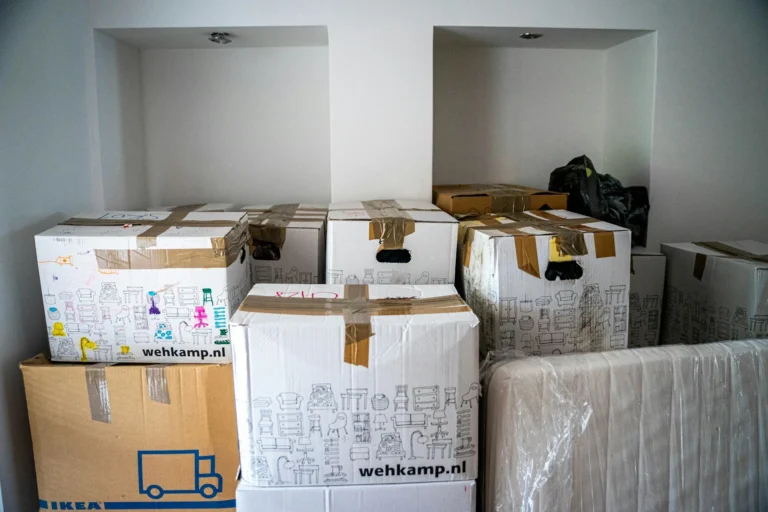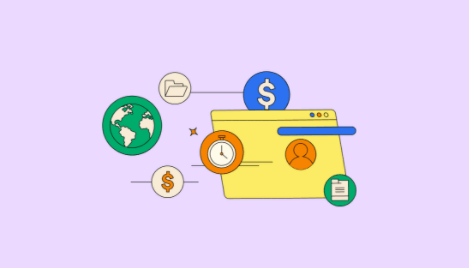How To Become A Freelance Web Designer?


Are you passionate about web designing and programming? Are you keen on taking your abilities to the next step and becoming an independent web designer? If so, this article is perfect for you! In this article, we’ll go over the steps you must complete to be an influential web designer, from understanding programming fundamentals to locating those first potential clients. If you can master the basics, you can be an in-demand and well-paid web designer on the freelance market. So, let’s start and learn how to become a freelance web designer.
Contents
What tools and abilities can assist?
For any freelance company, there are specific skills that will allow you to get the most value from your work. The design might appeal to your imaginative side. However, it’s essential to spend time creating your business strategy.
The most critical skills required by creative freelancers are clear communication skills. If you’re meeting with clients in person or working remotely, the earlier you can understand your client’s requirements and translate them into a document that everyone is happy with, the greater your chances of successfully delivering the project.
The ability to comprehend or master managing projects and a keen eye for details are also important. As a web designer, you’ll work with a programmer to help your dream come true. Suppose you need to meet even the most miniature specifications. In that case, it can result in expensive revisions that can harm your relationship with your customer and possibly cost time and money.
How can I start a career as a web designer who is a freelancer?
1. Set your goals:
Knowing the goals you’d like to reach through your web design freelance career is essential before beginning. Are you looking to boost your income, take over your job, or even become an all-time freelancer?
2. Learn to Develop Your Skills:
To be a successful self-employed web developer, you must know the basic principles of the fundamentals of web design. Learn to improve your design and coding abilities to ensure you’re up-to-date and can make stunning websites that satisfy your customer’s requirements.
3. Research Your Niche:
Look into the online design market and identify areas where you could be a specialist. Do you have a specific industry or service you’re familiar with? Think about what sets you apart from other web designers.
4. Make Portfolios:
The portfolio is crucial to attracting new clients and showcasing talents. Begin by creating a primary site that displays your work and acts as an online resume.
5. Set up Your Work Space:
Determine whether you’ll work at home or require office space to lease. Determine what tools and equipment you’ll need to succeed, including a computer or internet connection, a telephone, etc.
6. Promote Yourself:
You’ll only succeed in your web design freelance business if people know there’s a need. Use social media, write blogs, contact local businesses, and sign up to the forums of your industry to advertise your company and yourself.
7. Locate Clients:
After establishing your reputation as an authority in your area, seek clients. Develop relationships with those who can send business your way and search for freelance opportunities online or in your region.
8. Set prices:
If you are a freelancer, pricing your services can be challenging. Find out the average cost for web developers in your region and set rates in line with that. Consider additional business costs, such as insurance and taxes.
Important legal documents for freelance web designers
Legal agreements and contracts are crucial for freelancers. By joining Freelance Corner or IPSE, you can access some templates and other resources.
Contracts
They provide clarity and security to both parties through a clear description of the work, the tasks and responsibilities involved, the payment and copyright, and what happens if the project is terminated prematurely or canceled.
The Terms and Conditions
It may be helpful to have a comprehensive document outlining your usual methods. It will let potential clients know what they can expect before contacting you.
Copyright agreements
Creative freelancers need to ensure that their work isn’t taken or miscredited. It also means that your work is only re-used in violation of the original contract with further discussions or payments. Copyright laws can differ widely between countries, mainly when working with foreign clients. It’s a good idea to seek advice from a specialist.





